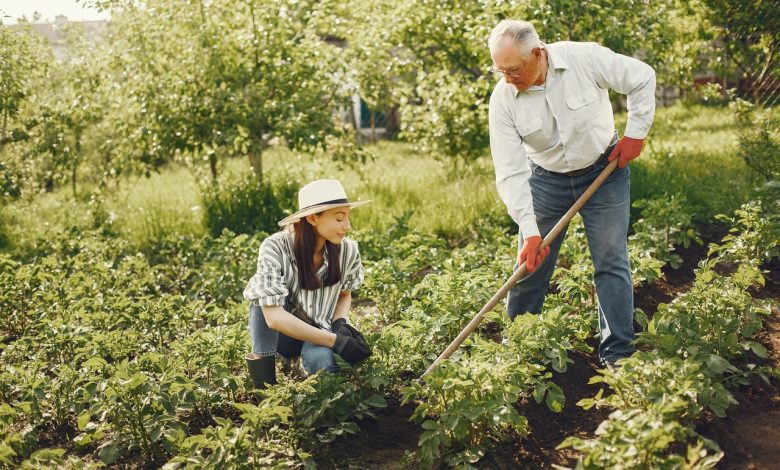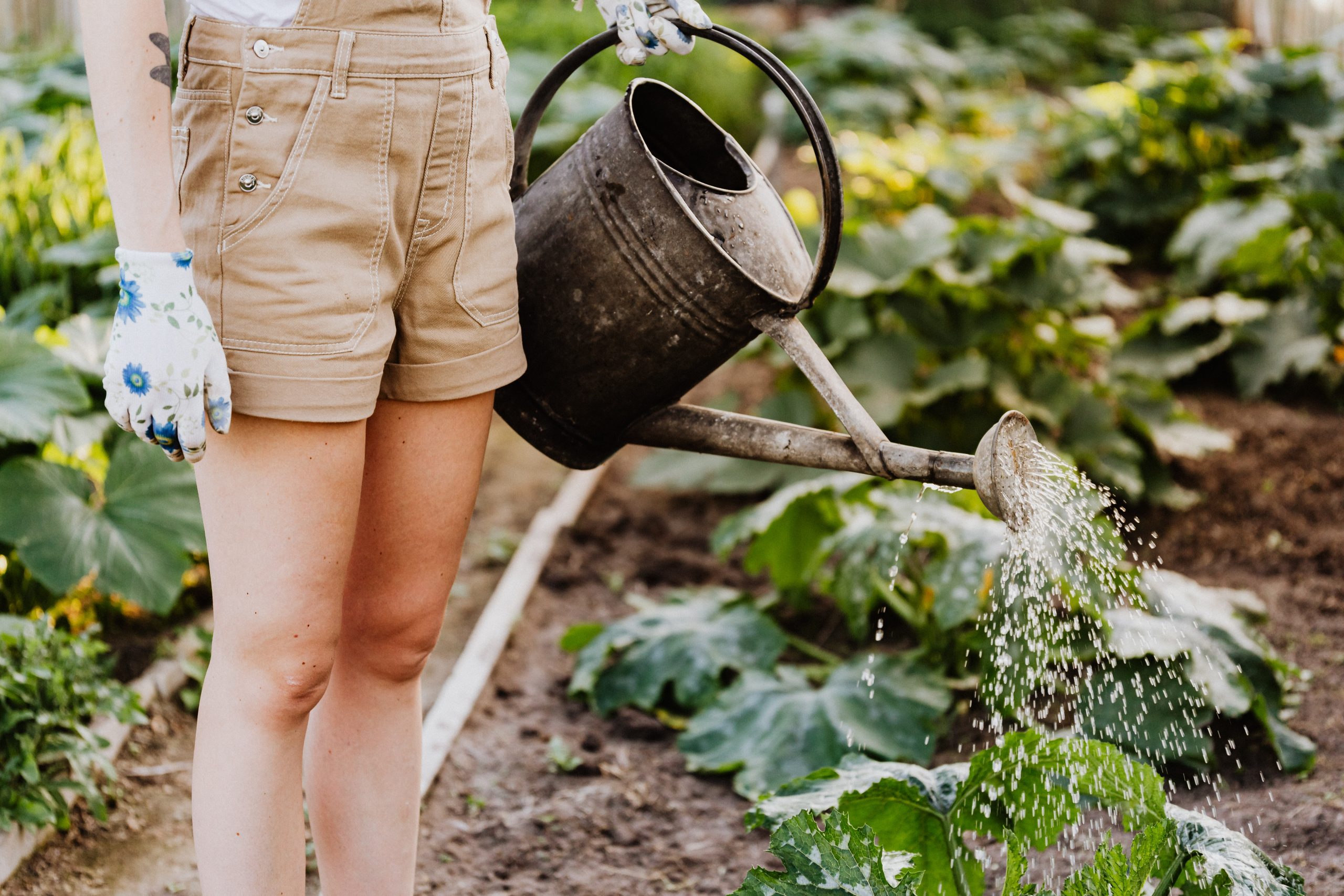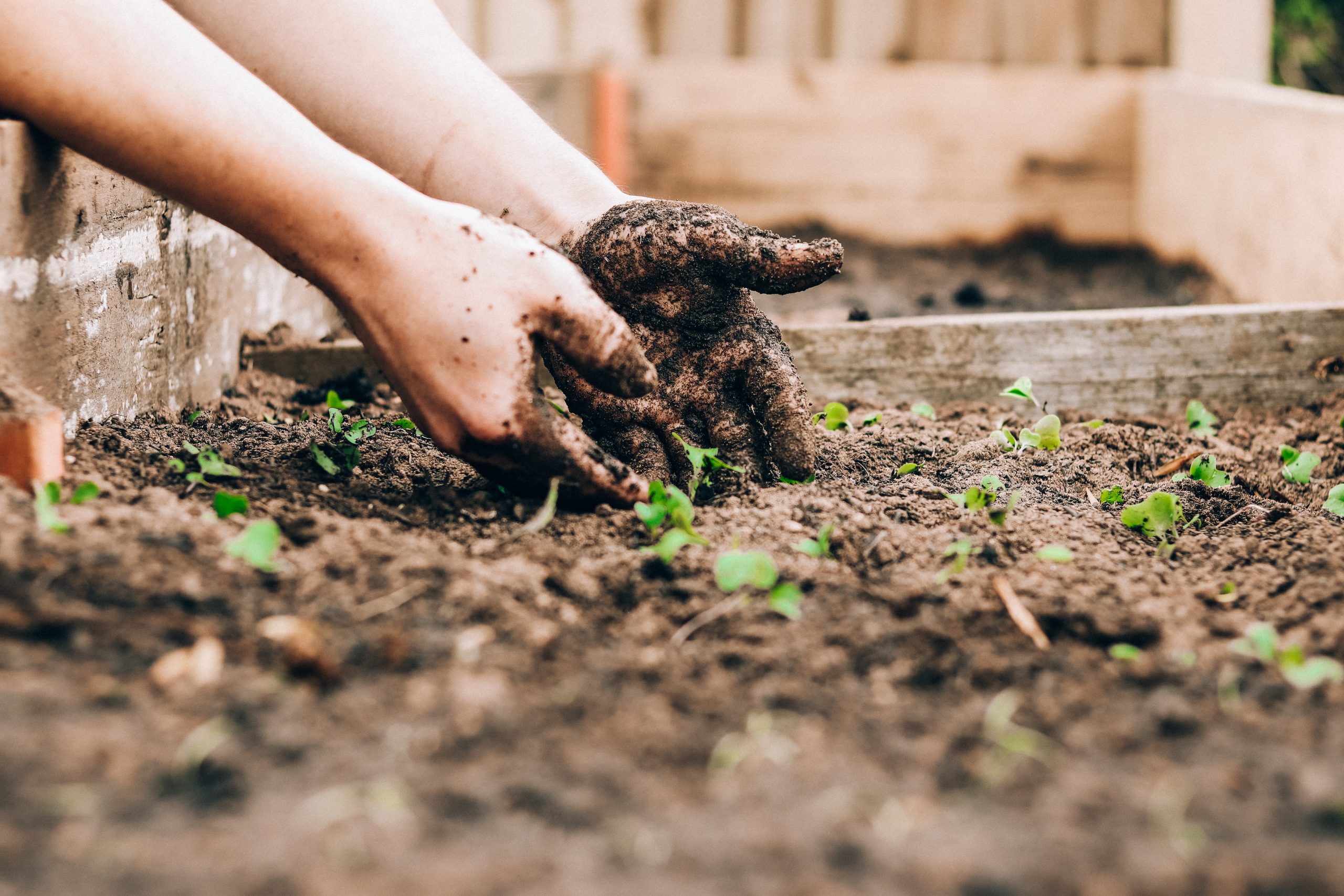5 Sustainable Gardening Tricks for an Eco-Friendly Yard

Arborists in Bradford are recognizing the benefits of home gardens that are both gorgeous and provide protected areas for animals. This can help offset environmental issues, which is why the idea of developing a responsible landscape is gaining traction.
Everybody with a yard, irrespective of size, may contribute to developing their space into something like a productive, ecological garden. Landscaping in a sustainable manner is also more cost-effective because it uses sustainable products and demands less work.
So, if you’re seeking unique gardening ideas, try some of these basic methods for creating a sustainable and environmental garden that is wildlife-friendly. To find out more about Garden supplies check out All Green Nursery.
-
Table of Contents
Implement ways to conserve water
Water is a very important commodity that really should be managed as such. That’s why you should water plants only when they need it. Additionally, recycling water that might otherwise go wasted is one of the simplest methods to cultivate a garden sustainably.
One might only need to irrigate once or twice per week unless the temperature is too hot and dry. Irrigate your garden with recycled water to save more water.
In your landscape, a sprinkler system in Toronto is an excellent way to preserve water. You may save rainwater until your yard needs some irrigation and then avoid turning on the tap by collecting it. If you don’t have enough space in your yard for this, there are also plenty of ways to practice sustainable gardening.
-
Garden by hand as opposed to using power tools
You can lessen your garden’s impact on the environment by tending to it by hand rather than using gas-powered machines or pesticides. When you use machinery or insecticides in your garden, hazardous gases are released into the atmosphere or soil.
Use a shovel, rake, and some elbow grease instead of machinery to till or develop your garden. This low-cost gardening strategy will only take some time and possibly some sweat.
When it comes to weeding, instead of using a chemical weedkiller, set up a few hours each week to work in your garden. Trying to weed by hand is good for the environment, and it prevents you from ingesting chemicals when harvesting your vegetables.
-
Implement organic gardening methods
Organic gardening is an important aspect of long-term gardening. It is more environmentally friendly and cost-effective to use fewer chemicals in your garden. Farming organically becomes even more vital if you’re producing food for your family.
Begin from the foundation up by creating nutrient-dense soil and amending it with natural compost. If you find predatory insects or plant illnesses in your garden, use organic remedies to address them.
-
Avoid invasive plant species
Learning what species to utilize when growing a sustainable garden is essential. Local plants, are more sustainable varieties. These are ones that are native to your area. Because they are well suited to your climate, precipitation, and soil types, these plants require less care, demand little water, and flourish better than other types. Bug and bird populations in the area rely on native plant species for food and refuge.
-
Create your own compost
Producing your own composting from garden waste and vegetable peelings is immensely fulfilling, and it’s simple to do. You may buy special containers to keep everything neat and tidy, but when it comes to creating an eco-friendly garden, all you really need is a quiet place that isn’t too shady.
Add your lawn clippings, as well as all of your vegetable shavings, peelings, shrub cuttings, shredded paper and cardboard, and even the content of your vacuum container, to your compost pile. Autumn leaves can also be composted, but put these aside because they degrade more slowly.
Then sit there and wait for the wonder to unfold, regularly rotating the compost pile with a fork. You should have a wonderful, granular, friable combination suitable to use for mulching, holding soil moisture content and enhancing its consistency, minimizing the need for watering, and promoting the health of your plants from Treeland in Caledon in 6 months to a year.





